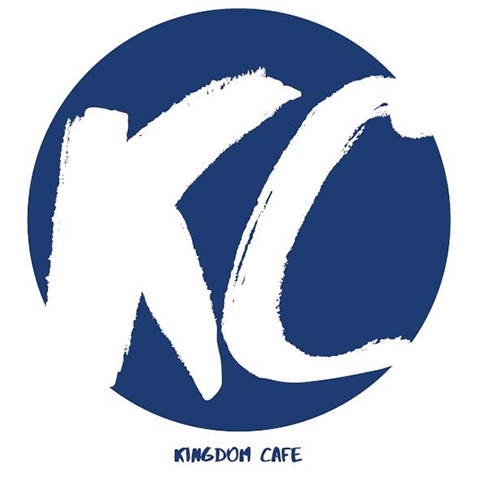
[dropcap]M[/dropcap]onthly and occasional binge drinkers account for 62 per cent of alcohol related harms in society according to a study published by the Health Research Board HRB
The study examined how alcohol related harms are distributed across four categories of drinker in Ireland – low risk drinkers, occasional binge drinkers, monthly binge drinkers and dependent drinkers.
The study found that the majority of alcohol harm in Ireland arises from low and moderate risk drinkers and not from dependent drinkers.
According to the HRB, while dependent drinkers are at a greater individual risk of experiencing alcohol related harms they account for only 27 per cent of alcohol related harms in the population.
These harms could be harm to finances, health, work or study, friendships or social life, home life or marriage, having been in a physical fight, an accident, and being stopped by the police.
Monthly and occasional binge drinkers accounted for 59 per cent of these alcohol related harms in society.
Monthly and occasional binge drinkers account for 62 per cent of drinkers in society, consuming 70 per cent of all alcohol sold in Ireland.
Low risk drinkers, who did not engage in binge drinking in the last year and who are not dependent on alcohol make up 31 percent of drink consumers in Ireland and accounted for 14 percent of alcohol related harms.
According to Head of the Evidence Centre at the Health Research Board, Jean Long this study affirms the prevention paradox theory which states that the majotiry of alcohol related harms in the population are caused by low and moderate risk drinkers.
“We wanted to establish if this prevention paradox applied in an Irish context given Ireland has one of the highest per capita rates of alcohol consumption and binge drinking in the European Union,” she said.
According to CEO of Alcohol Action Ireland Dr Sheila Gilheany, “The findings in this study demonstrate that alcohol-related harms in Ireland are distributed across the population, providing support for a population-based strategy to reducing alcohol consumption.”
She said that the study highlights the need for “rapid implementation” of the Public Health Alcohol Act.
Despite being passed in 2018, “none of the provisions in the Act have yet been implemented,” Gilheany said.
The first measures of the PHAA to be implemented will come into effect in the coming weeks.
They include the prohibition of alcohol advertising anywhere within 200 metres of schools, playgrounds, on public transport, and at stations and bus stops.
Ads promoting alcohol will also be prohibited from being shown at under 18 films in cinemas.
Aoife O’Brien
Image Credit: WinniwLiu



